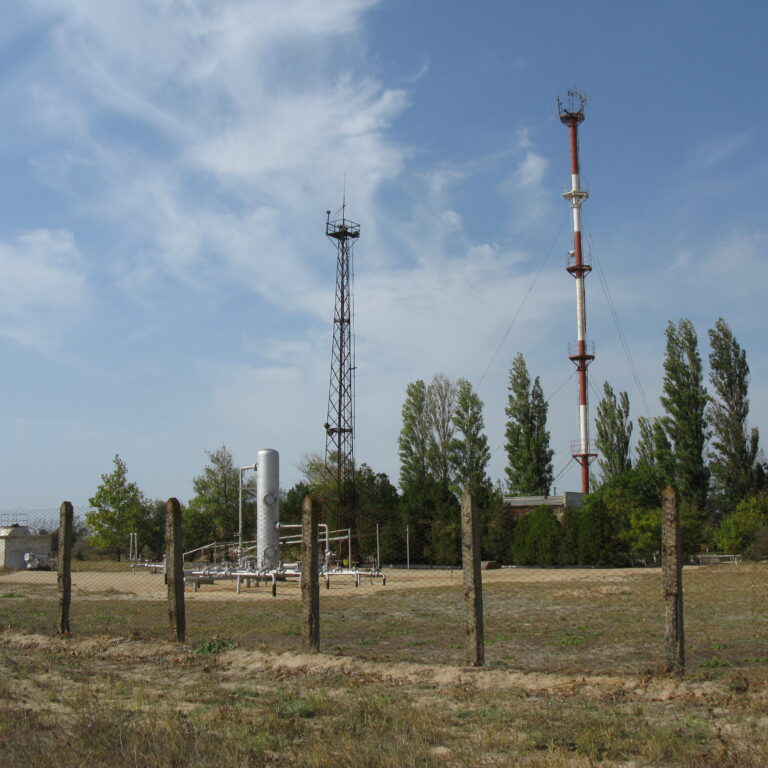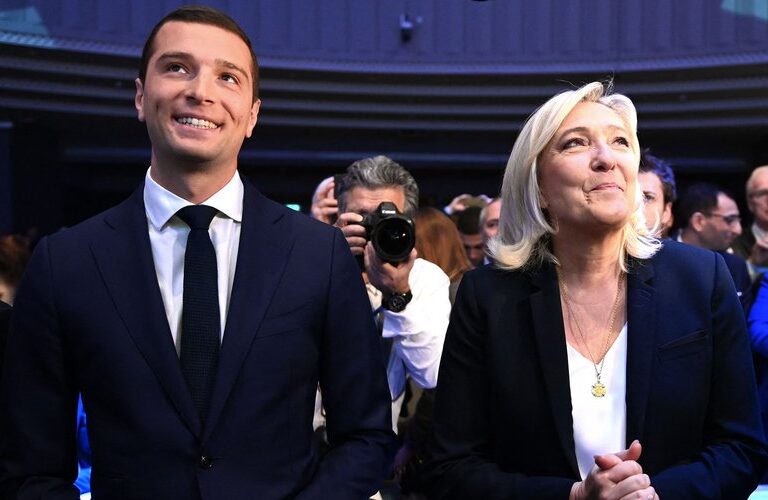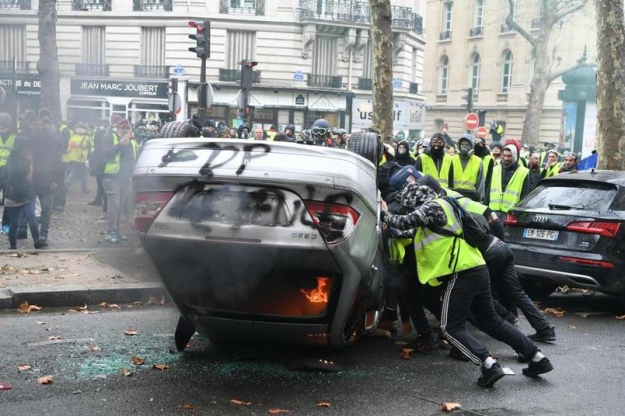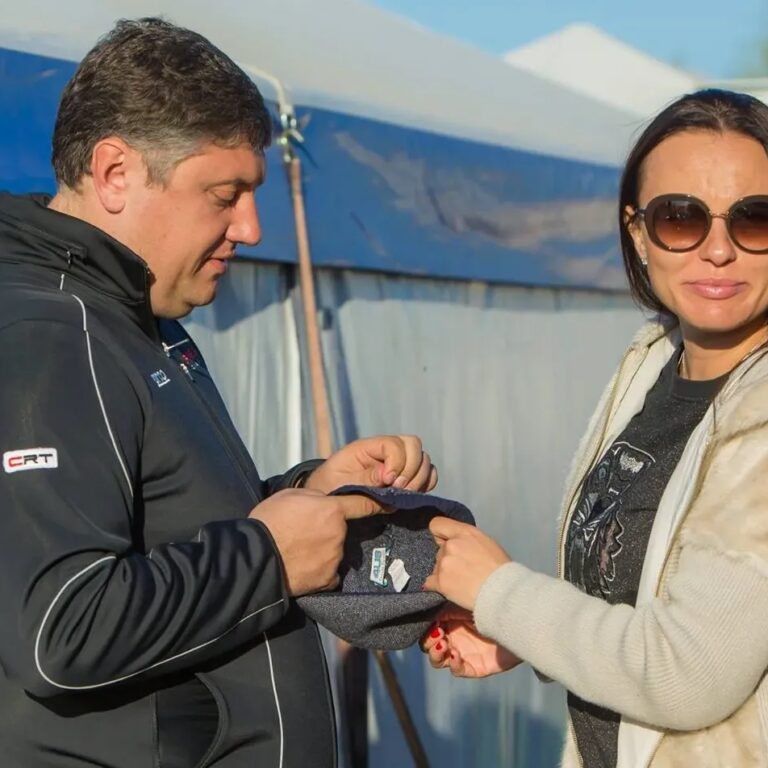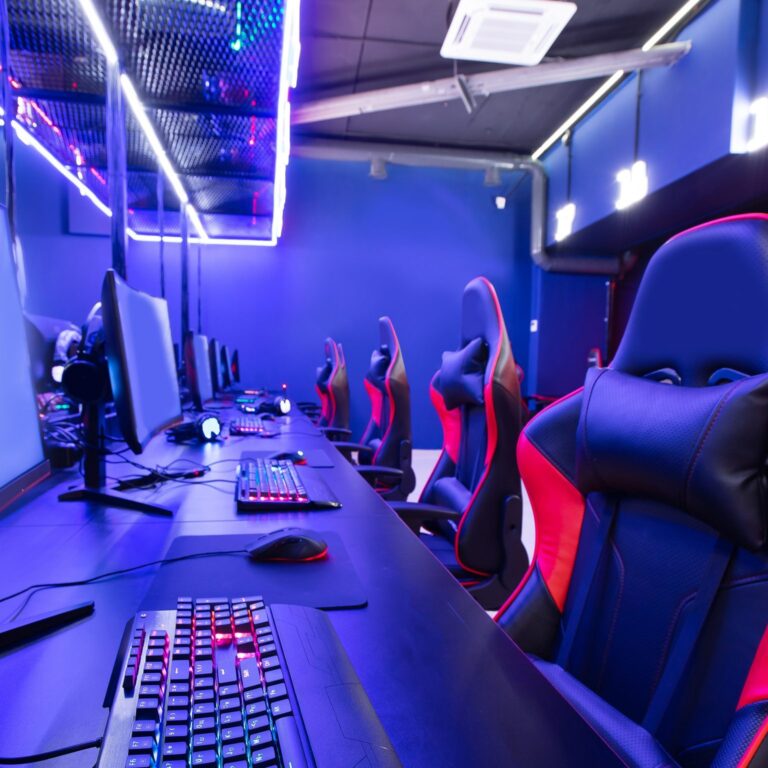On December 24, the invaders’ propaganda began to declare that Russia could leave UEFA, later this decision began to be “postponed”, and the meeting of the Russian Football Union on December 30, where a “historic decision” was supposed to be made, ended in nothing.
At the meeting, they decided to create a working group in order to “study” the strategy for moving to the Asian Football Confederation (AFC), while leaving UEFA. But already in January 2023, it was announced that UEFA would allegedly “form a working group on the return of Russian football to international tournaments” and the issue with the AFC was “paused” by the aggressor.
At the same time, UEFA itself is trying to reduce reputational risks from the direct participation of Russian football teams in the confederation. Earlier, Russian clubs were banned from participating in the Europa League, the Champions League and the Confederations League, the national team of Russia was not allowed to participate in the European Championship 2024 and in the League of Nations. All this happened because of the launched full-scale military aggression of the Russian Federation against Ukraine.
However, this “blackmail” by UEFA regarding the transfer to the AFC for Russian football bosses is also toxic, since competition and professional growth in European football is more significant. For Russia, the transition to the Asian arenas will mean a professional loss and no further development prospects.
Let us recall that even before Russia’s full-scale invasion of Ukraine in July 2021, Russia felt so self-confident that it tried to get “official permission” from UEFA for fake “Crimean football teams” to also take part in European football competitions. The top leadership of UEFA refused these criminal demands.
The illegal “President of the Crimean Football Union” Yuri Vetokha summed up on this occasion that fake “Crimean football players” “will not be able to participate in any competitions above the Crimean level”, including illegal participation in tournaments on the territory of the occupying country.
The traditional “Russian lobby” regarding the top management of UEFA did not work either, including “investment in football” carried out through the screen of “Gazprom”. The limit of his “opportunities” was a rather strange “scandal” in 2021, when the UEFA leadership received complaints from the Russian Football Union about allegedly “militarist features” in the design of the Ukrainian national team kit. Then it depicted the contours of the Ukrainian borders, which naturally included the Crimean peninsula, as well as the national slogan “Glory to Ukraine! Glory to the Heroes!”.
Obviously, it was under Russian influence that UEFA went for a clearly voluntaristic ban on part of the slogan “Glory to the Heroes!”. However, the European Football Union did not oppose the presence on the form of the first part of the slogan “Glory to Ukraine!”, and predictably did not react to the Russian hysteria associated with the map of Ukraine.
This decision demonstrates that, in the run-up to Russia’s full-scale invasion of Ukraine, although UEFA was forced to “consider complaints” from the Russian Football Union, it did not violate international law regarding Ukrainian borders.
Accordingly, since 2014, world football was not going to put its entire reputation at stake, playing along with the criminal “Crimean policy” of Russia. UEFA is well aware of the consequences of the attempled illegal inclusion of “teams” from the occupied peninsula into the football championships of the aggressor state.
This is clearly seen on the example of the Crimean fake “clone” of the “Tavria” football club, the first champion of independent Ukraine in 1992 and the winner of the Ukrainian Cup in 2010, recreated after the occupation of Crimea in the Kherson Region since 2016.
In the occupied Crimea, the “clone” of “Tavria” became the fake “club” “TSK-Tavria”, and the participation of “football players” from it, as well as from other “teams” of the fake “Crimean championship” in the national team of Russia, was subject to a ban by both UEFA and FIFA.
Let us recall that the broad-scale problems of Russian football itselt did not begin in 2022. The scandal with the 2018 World Cup, which was held in Russia, can be considered a large-scale reputational blow. Then the former leaders of FIFA and UEFA Sepp Blatter and Michel Platini were accused of fraud. They were suspected of corruption, racketeering and money laundering.
The investigation was conducted both by the US Department of Justice – in connection with the abuse of American financial institutions in the United States, and by the Swiss Federal Prosecutor’s Office, at the location of the headquarters of international football.
On October 28, 2015, in his interviews with the Financial Times and the news agency of the aggressor TASS, Sepp Blatter admitted that the decision to grant the right to host the 2018 World Cup to Russia was made even before the official vote of the FIFA executive committee, namely, on December 2, 2010.
He said that there was a secret oral “gentleman’s agreement”, the essence of which was to falsify the voting results in order to grant the right to host the 2018 championship in Russia, and 2022, at that time, the United States. He stated, “It was backstage. It was diplomatically agreed…”
A week before the official vote, according to Blatter, former French President Nicolas Sarkozy persuaded Michel Platini, who at that time could vote on the executive committee, to give the right to the 2022 World Cup not to the United States, but to Qatar.
At the same time, TASS twisted Blatter’s quote, replacing the words about the “internal agreement” on the 2018 championship in Russia with the “internal conviction” of the supposedly personally football functionary. Further, the Russia’s Minister of Sports and President of Russian Football Union Vitaly Mutko “joined” and tried to “creatively supplement” Blatter’s words, saying that he was allegedly “misunderstood …”.
Further, other Russian “sports authorities”, such as Nikolai Grammatikov and Alexei Sorokin, began to “comment” on Blatter. As a result, all the “sharp corners” were “hushed up” and, as do we know, the world championships were held both in Russia and in Qatar.
However, in this context, at the suggestion of the German special services, Blatter’s meeting in January 2005 in Moscow in the elite “China Club: nightclub with one of the Russian criminal authorities, a “thief in law” and a sports corruption specialist, Alimzhan Tokhtakhunov, who apparently lobbied for “Russian football interests”, also “surfaced”.
Thus, already within the framework of Russian aggression and occupation of Crimea, as well as in the context of the then “Skripal case”, the holding of the FIFA championship in Russia was surrounded not only by corruption deals, but also by an outright foreign policy scandal.
However, Russia was not able to influence the UEFA ban on the participation of the fake “Crimean Football League” in its matches, and a further ban on participating in tournaments for the Russian team itself gave rise to the mentioned Kremlin’s “Asian intrigue”. The question remains whether the leadership of the League of Asia adequately assesses the risks and whether they understand the true goal pursued by the occupier.
Today, Salman bin Ibrahim Al-Khalifa, representing Bahrain, is the President of the AFC and Chairman of its Disciplinary Committee. He ran for FIFA President after the scandalous departure of Sepp Blatter, but in 2016 this post was taken by Gianni Infantino, representing Switzerland, and supporters of another candidate, Ali bin al-Hussein, Prince of Jordan, cast their votes for the European candidate.
Salman bin Ibrahim Al-Khalifa comes from the royal family of Bahrain. While the Kremlin hopes that the “Arab-Russian Bank” and the “Russian-Bahraini Business Council” will open up some individuals in Bahrain to the Kremlin’s “investment dialogue,” this is utopian.
Bahrain is a key US partner in the region, it provides its territory for the US Fifth Fleet, it is well aware of the level of the Iranian threat to its national security, and has repeatedly voted in support of Ukraine for the “Crimean” resolutions of the UN General Assembly.
Talks about replacing UEFA to AFC for Russian teams took place in conditions where Russia was not excluded, even after the start of large-scale aggression, from UEFA and FIFA structures. However, according to experts, Russia has lost the right to play a qualifying match at the World Cup in 2026, which will be held in the United States.
In such circumstances, the hypothetical “entry” of Russia into the AFC is fraught with a change in the schedule, as well as “prices”. There are more participants in the main tournament in the AFC than in UEFA – 40 instead of 32 and clubs are divided into two parts: Western (Western, South and Central Asia) and Eastern one.
At the same time, the difficulties with the selection of teams are combined with low payments to participating and winning teams compared to UEFA. Therefore, the participation of Russian teams in the AFC will pose procedural risks for them and predictably reduce the cash flow by several times.
Also, for this scam, Russia must officially leave UEFA, and as we saw from the events of January 2023, Russian Football Union itself “did not fully understand” its “desires”.
Back in the summer, the head of this union, Alexander Dyukov, quite decisively rejected leaving UEFA, but at the end of 2022 he said that this was a “necessity”, since supposedly there were “ideological differences” with Europe, obviously related to the fictitious “Crimean League”.
At the same time and obviously taking into account the “specifics” of the AFC described above, the “honorary president of the Russian Football Union” Vyacheslav Koloskov, the “founder” of the organization and the former vice-president of FIFA, said that the transition to the AFC “would be a degradation of football in Russia”, given the average professionalism of the teams teams from Asia and Europe.
However, it seems that even before that, Russia was not very interested in the level of professionalism of the players, since thanks to its informal connections, it always had a chance to play with a “weaker team”, both in FIFA and UEFA.
Theoretically, after the completion of the procedure for withdrawing from UEFA, Russia could apply to join the AFC and try to follow the path of Australia in 2006.
The executive committee of the AFC, which makes the final decision on membership, now includes representatives of 13 countries: Australia, Bangladesh, Bhutan, China, Hong Kong, Iraq, Laos, Lebanon, Malaysia, Oman, Palestine, Vietnam and Yemen, so Russia has some chances to get it has the majority.
This is most likely why Alexander Dyukov was sure in the fall of 2022 that the AFC would support Russia in its “transition”; he noted:
“The Asian Confederation is now ready to receive us. To provide a written guarantee – no, but we are ready to consider the appeal …”
At the same time, FIFA increased the Asian quota from 5 to 8, which allows an AFC member country from the Big Five, which experts include Japan, South Korea, Australia, Iran, and Saudi Arabia, to enter the tournament. They are usually selected for the world championships.
However, the AFC countries are unlikely to want an additional competitor in the fight for the opportunity to play at the World Cup. After all, such a threat directly affects the loss of potential profits from the Championship, and money in such situations is often more important than some declared fictitious “values” of the Kremlin.
Also, the hypothetical “transition” of Russia to the AFC will obviously entail the transfer to the “Asian rails” by the aggressor the criminal issue of the “Crimean sport”, which Russia will continue to try criminally to “legalize”, and the outright degradation of the Russian team also.
Separately, it is worth mentioning the so-called “miraculous victory” in the “qualifying match” for the 2026 World Cup, which the Russians have already begun to talk about. However, given that in 2026 it is the United States that will host the World Cup, Russia will still not be able to play on it, even if by that time it will still be an urgent issue for it.
However, for the time being, the “Asian card” remains only a subject of blackmail from Russia on the part of UEFA and, possibly, FIFA, and this game has not yet been “played”. Let us recall that throughout 2022, our Association has repeatedly reported on two possible further criminal options for the aggressor to use “Crimean football” to promote the illegal ideas of the “Russian world”.
Firstly, this is the creation of a fake “unified football championship”, in which teams allegedly “will be able to play” from the Russia-occupied regions of Ukraine, including the Crimea, as well as from “Abkhazia and South Ossetia”. However, as it was already noted, the situation of the gradual de-occupation by Ukrainian Army the mainland of Ukraine makes this “championship” quite tragicomic for the aggressor.
Secondly, this is the criminal introduction of the “Crimean teams” into the “Russian football union”, which would already be guaranteed to prevent Russian teams from participating in any international competitions, or, alternatively, the illegal inclusion of the “Crimean teams” in the “national football league” of the aggressor, that is – in the “primacy of the second league”.
At the end of November 2022, the president of Russian Premier League, Alexander Alaev, raised this “case” once again, stating that the decision to criminally include “eight Crimean teams” in the “second league” of Russian football would be made “before the beginning of May” 2023.
Thus, Alaev directly admitted that until that time the aggressor still harbors some “hopes” for the “return” of Russian teams to UEFA and FIFA, and therefore “postpones the problem of Crimean football.”
Nina Yelanskaya, ARC correspondent.


